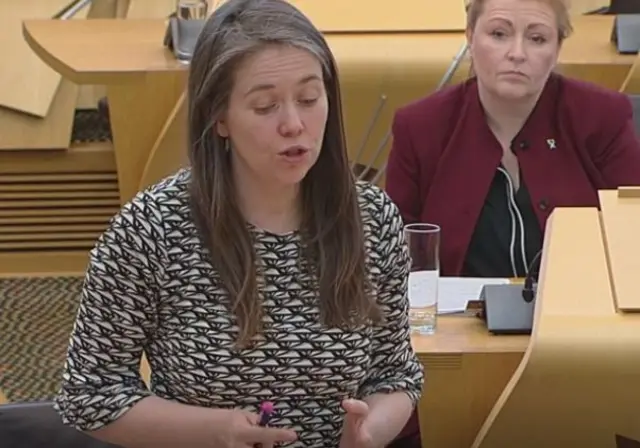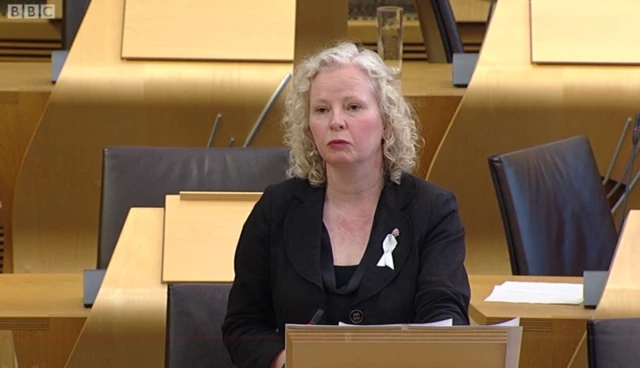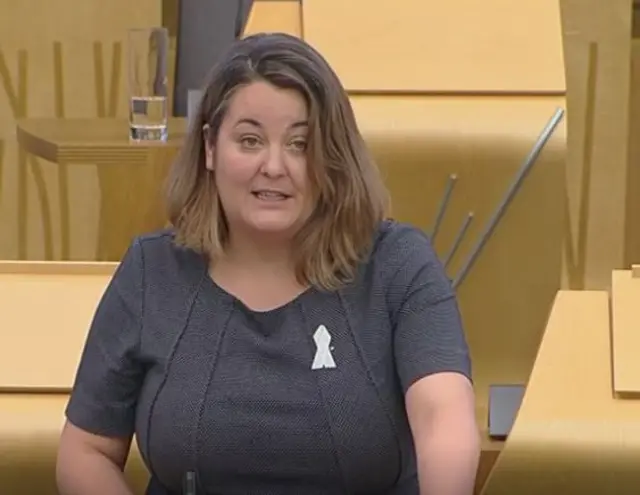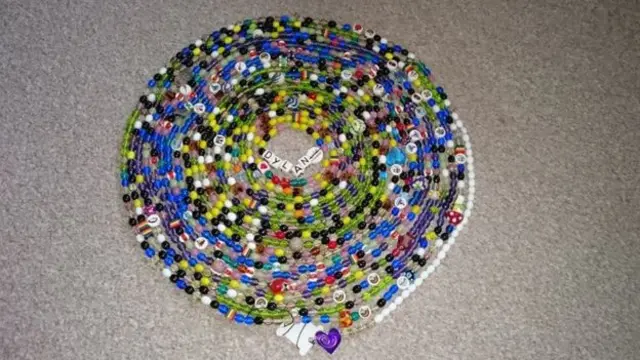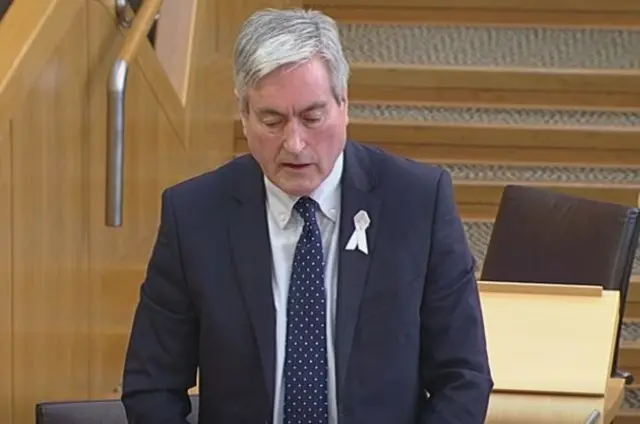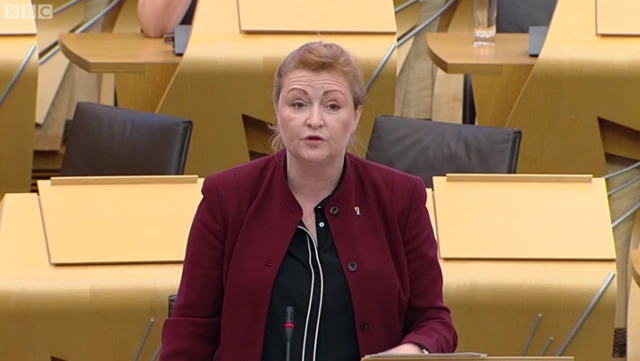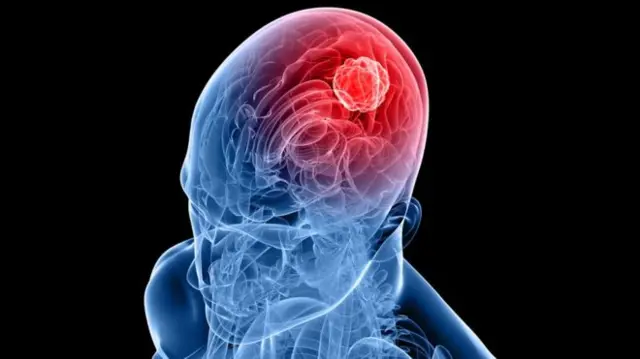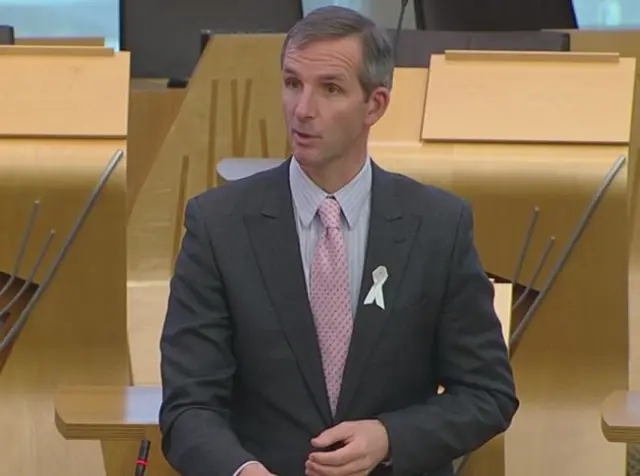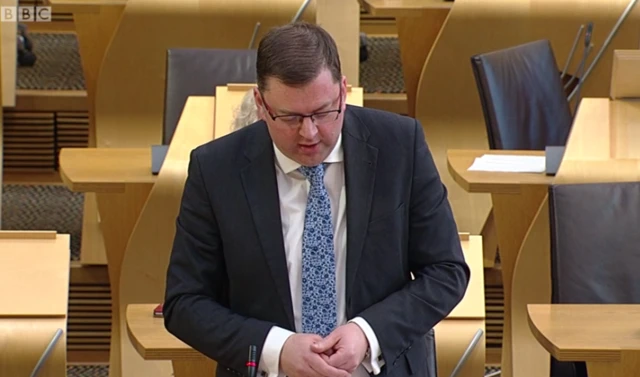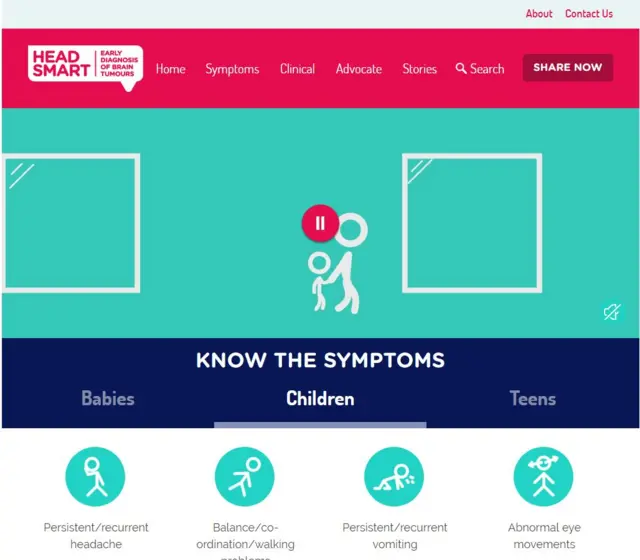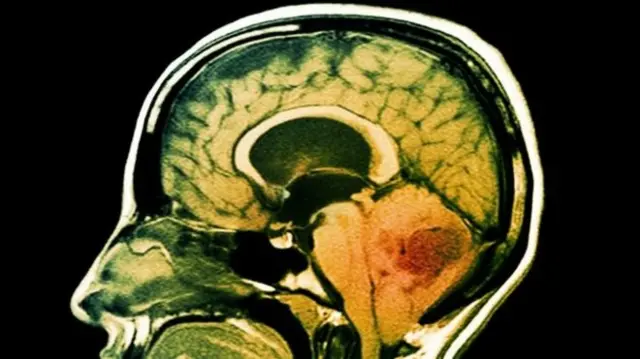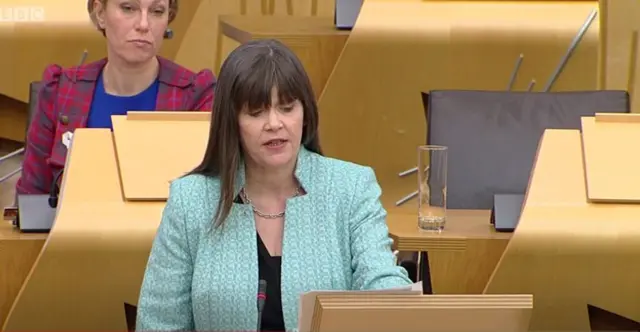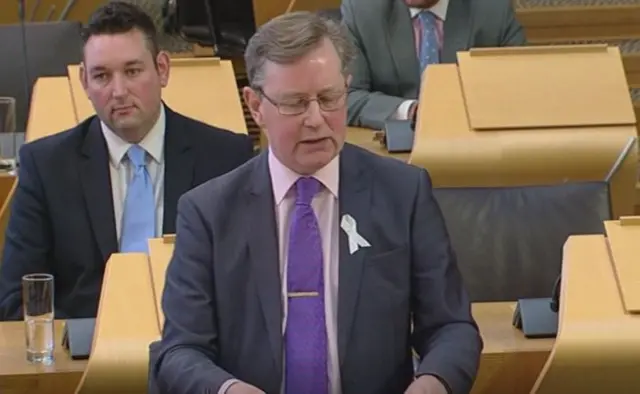Background: Ovarian cancer drug 'could treat brain tumours'published at 13:38 GMT 7 December 2017
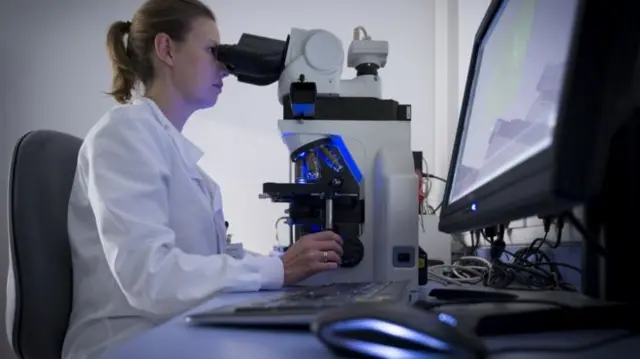 Image source, SNS
Image source, SNSScientists in Glasgow have discovered that a drug used to treat ovarian cancer could also treat brain tumours.
The research suggests the cancer drug olaparib could be an effective treatment for a common type of brain tumour known as glioblastoma.
A trial involving 48 patients was conducted where glioblastoma had returned after their initial treatment.
Early results found that the drug successfully reached brain tumours at high enough levels for treatment.
The research shows that the drug penetrates the core of the tumour as well as the surrounding areas. These areas contain smaller numbers of cancerous cells which cannot be removed by surgery.
